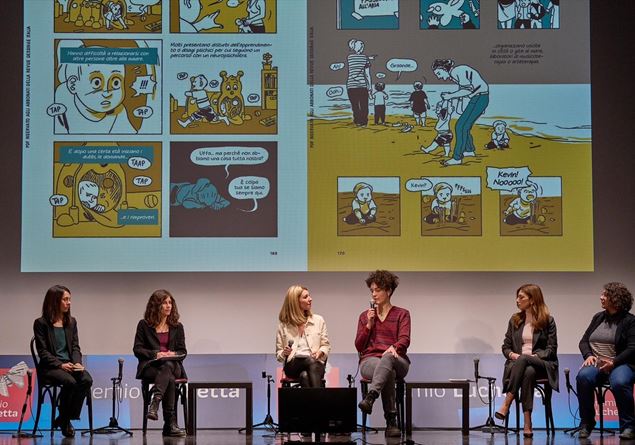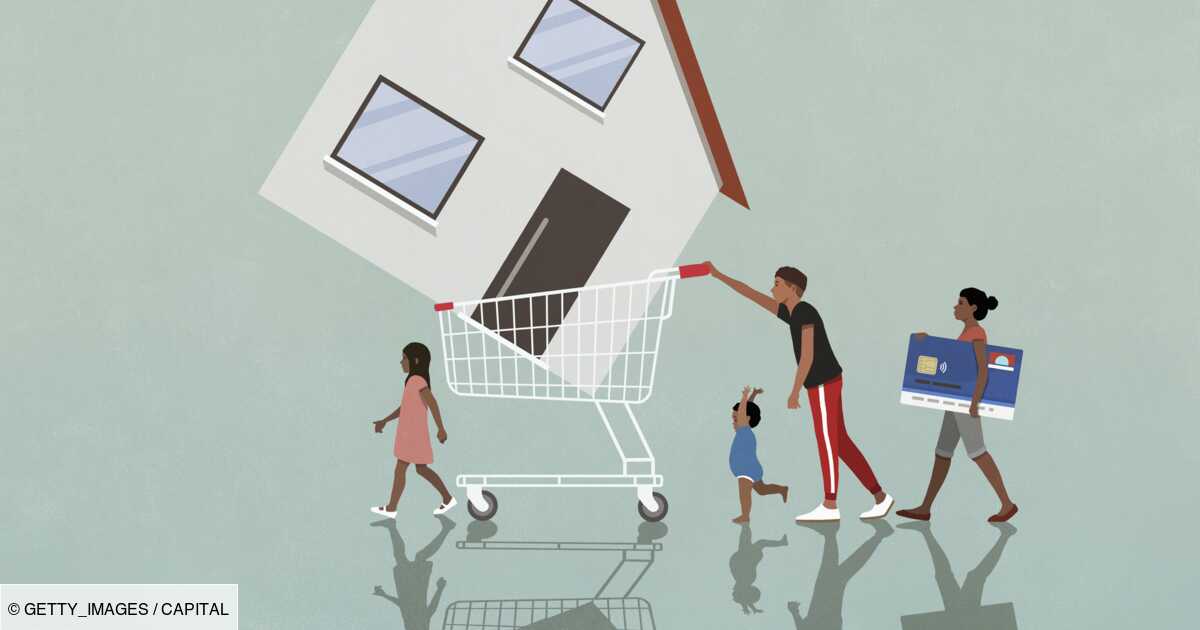
A journalism that is alive and well, that knows how to be there where it is needed to give voice to the most fragile and invisible and, it is not a detail, with a large female presence.
This is the portrait of the profession painted during the Days of the Luchetta International Journalism Award 2024, held in Trieste from 15 to 17 November at the Miela Theatre: three days full of meetings, dialogues, narratives and debates which told once again, how It has been happening for 21 years now, how much journalism can still have a central role in democracies, how much it can be a beacon at the service of the paths of peace and sentinel to denounce the violation of the rights of more fragile. Seven categories were awarded by the Jury chaired by journalist Riccardo Iacona – best TV news service, best Italian press article, best reportage, best international press article and, new, the Balkan Route Award and Radio Award – with 6 female journalists winning.
The Marco Luchetta International Journalism Award was founded in 2004 – by the will of the Luchetta Ota D’Angelo Hrovatin Foundation – on the tenth anniversary of the tragic death of the first RAI correspondents to lose their lives on a work mission: the journalist Marco Luchetta, Alessandro Saša Ota and Dario D’Angelo, from the Rai headquarters in Trieste, killed in Mostar East in January 1994 while they were producing a TG1 special to introduce the child victims of Balkan war as candidates for the Nobel Peace Prize and, just two months later, another operator from Trieste, Miran Hrovatin, murdered in Somalia together with the journalist Ilaria Alpi. Now in its 21st yearto edition (in 2015 among those awarded by Unicef there was also the then director of Famiglia Cristiana, Antonio Sciortino, ed.), the Award always offers an important insight into the tragedies, often unknown to public opinion, which consumed daily in many corners of the world and which, more and more often, bring with them seeds of peace and solidarity.
“Girls and boys without rights also in Europe” were discussed on the afternoon of Saturday 17 November during a panel with some finalist journalists (Livia Liberatore, TGR Rai Fvg, Tvnews category and Giulia Sabella and Marzia Amico, Report-Rai 3 , Reportage category) and with the winners of the Italian press category, Alice Facchini and Iris Biasio, with the service “Growing up in prison” – an interesting combination of information and comics – published up there Revue dessinée Italy. There are many areas in which the rights of boys and girls continue to be violated. There were many stories and faces personally met by the journalists: testimony that “wearing out the soles of your shoes” is and remains one of the pillars of the profession. In fact, only by going to the places to collect the stories were the journalists able to best describe the people and their experiences and then found themselves “stumbling” on unimagined stories, the result of a work of meeting and dialogue with the sources, which required a change of look. Stories that become important services, often denunciations, but very often also testimonies of a possible and concrete hope.
Of particular relevance and urgency is the issue of the rights denied to the children of detained mothers who by law must be in prison: “Children in prison live in a restricted environment and with very little stimulation” stated the pediatrician Paolo Siani, present in the link, former Vice President of the Parliamentary Commission for Childhood and Adolescence «this has an important effect on their cognitive, but also motor and relational development. The fact that in prison no one uses the word “mother” to refer to detained mothers has a serious impact on their experiences. Let us remember that these boys and girls do not have a primary pediatrician who follows them. In fact, they grow up as outcasts, despite being innocent.”
Another hot front, but still little talked about, is that of the orphans of femicide: boys and girls who in 36% of cases (Con i Bambini data, 2023) witnessed the killing of their mother, who would immediately need a psychological support and which in 40% of cases are entrusted to the closest family members, sometimes even to the family of the murderous father. Who grow up with a double stigma: that of having a murderous father and that of having “if the mother was killed”, as a very common thought goes, “she must have done something”. Finally, the story of the Svratište center which helps girls, boys and teenagers living on the streets in Belgrade is full of hope.
At the end of the Days, the presentation of an award by Daniela Schifani Corfini Luchetta, president of the Foundation, to the family of Giacomo Gobbato, 26 years old, killed in Mestre on 22 September last while defending a woman who was the victim of an attack: “to remember a young man who paid a very high price for not looking the other way”, as stated in the motivation.
Photo Luchetta Award







